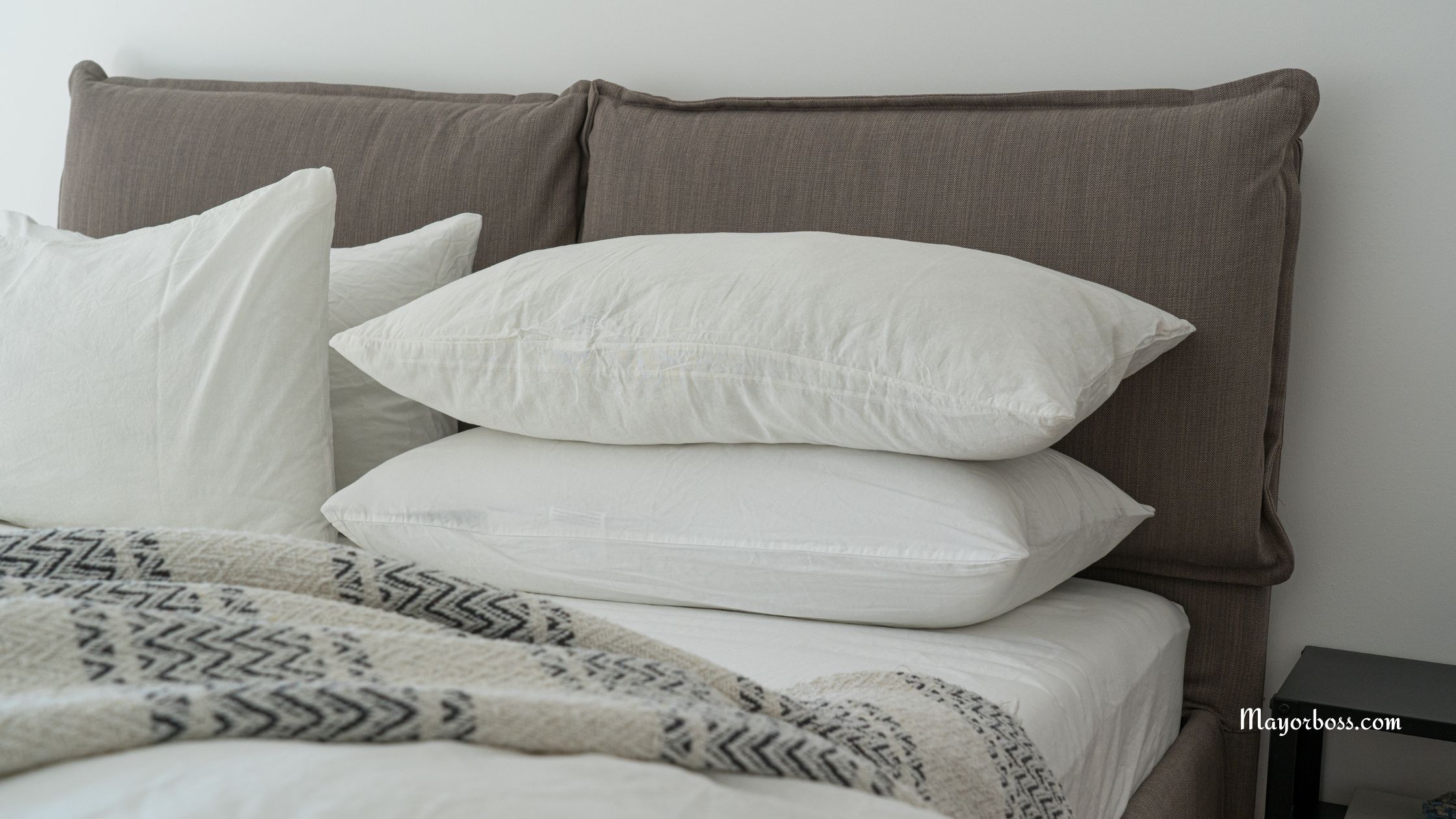Does Your Pillow Make Your Hair Greasy Faster?
Do you ever notice your hair getting greasy right after you wash it? Your pillow could be part of the problem. It might surprise you, but your pillowcase can affect how clean and healthy your hair stays. Keep reading to learn why this happens and how to fix it.

Your Pillowcase Collects Oil and Dirt From Your Hair
When you sleep, your scalp makes natural oils called sebum. These oils, along with sweat and bits of dead skin, stick to your pillowcase. Over time, this buildup creates a dirty surface that can transfer back to your hair and scalp.
Cotton pillowcases soak up oil and dirt more easily than other materials. Even if you wash your hair often, sleeping on a dirty pillowcase can make your hair greasy again very quickly.
Hair Products Can Leave Sticky Residue on Your Pillow
If you use hair sprays, gels, or leave-in conditioners, they can rub off onto your pillowcase. This buildup mixes with your scalp’s oils and makes your hair look and feel greasy. Some products can even block your hair follicles, which can make things worse.
Using a silk or satin pillowcase can help. These materials don’t absorb as much oil or product and are gentler on your hair, reducing the chances of buildup.
Sleeping With Wet Hair Makes Greasiness Worse
Going to bed with wet hair might seem harmless, but it can actually make your hair greasier. Wet hair is softer and absorbs more oil and bacteria from your pillowcase. The moisture also creates a damp environment, which helps bacteria grow.
To avoid this, make sure your hair is dry before you go to bed. If you’re short on time, you can quickly dry your hair with a blow-dryer on a low setting.
Sweating at Night Can Make Your Hair Greasy
Sweating while you sleep also adds to greasy hair. Things like warm blankets, a hot room, or even stress can cause more oil production on your scalp. This sweat and oil transfer to your pillow, starting a cycle of greasiness.
Try using a pillowcase made of breathable, moisture-wicking fabric. You can also lower your room temperature or use lighter blankets to stay cooler. Washing your pillowcases once a week can also help a lot.
Your Hair Routine at Night Matters
What you do with your hair before bed can affect how greasy it gets. For example:
- Washing your hair too often: Washing too much removes natural oils, causing your scalp to make even more oil.
- Using heavy products: Thick shampoos and conditioners can weigh your hair down and make it look greasy faster.
- Skipping brushing: Brushing spreads oils from your scalp to the rest of your hair, preventing buildup at the roots.
Try switching to a sulfate-free shampoo and a lightweight conditioner. Also, avoid touching your hair too much, as oils from your hands can transfer to your hair.
Change Your Pillowcase Often
If you have oily hair, changing your pillowcase every two to three days can help. This stops oils and bacteria from building up and transferring to your clean hair. Regular pillowcase changes can also improve your skin if you’re dealing with acne.
You might also want to use a pillow protector. It’s easy to wash and adds an extra layer between your pillow and pillowcase, keeping things cleaner.
Final Thoughts
Your pillowcase may seem like a small thing, but it has a big impact on your hair’s cleanliness. By washing your pillowcases often, keeping your hair dry at night, and choosing the right materials, you can keep your hair fresher and less greasy. If your hair stays greasy even after making these changes, it’s a good idea to talk to a dermatologist or hair specialist for more help.
